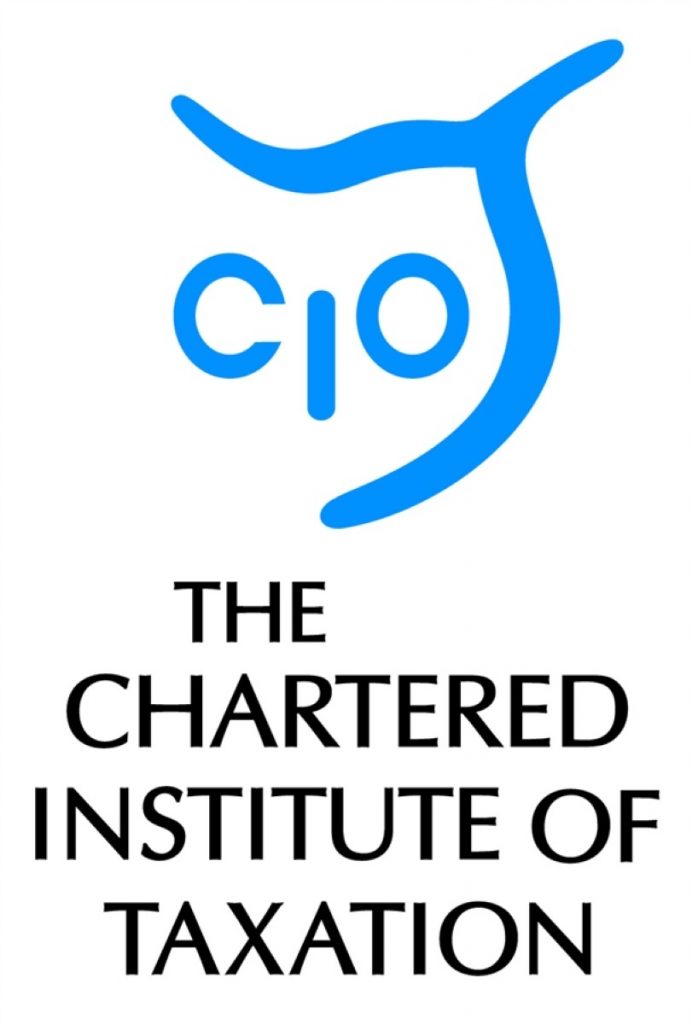Tax Institute welcomes revision of Direct Recovery of Debt Proposals, subject to the detailed legislation
The Chartered Institute of Taxation (CIOT) has welcomed the decision by HM Revenue & Customs to revise its controversial proposals for the direct recovery of debt (DRD) from taxpayers’ bank accounts. Safeguards being introduced include a guaranteed face to face meeting with targeted taxpayers, an appeal process to county courts by taxpayers disputing DRD and in addition, funds would be returned to insolvent taxpayers all of which reflect the concerns of the CIOT.
In his 2014 Budget speech, George Osborne announced that the government would ‘give HMRC modern powers to collect debts from bank accounts of people who can afford to pay but have repeatedly refused to, like most other Western countries’. The CIOT had expressed alarm that this would have resulted in HMRC assuming wide-ranging powers undermining due legal process in the collection of debt.
CIOT President, Anne Fairpo, remarked:
“Throughout the consultation process, we have maintained that the rule of law should not be undermined. It is for this reason that we are especially pleased to see changes allowing appeals to the county court.
“If an objection to DRD is made by the taxpayer, it will be internally reviewed by HMRC and the time limit to request a review has increased from 14 to 30 days. If the review is denied, the taxpayer will be given a further 30 days to appeal to the county court; this is the kind of external oversight we have been seeking.
“If the proposed changes are reflected in legislation, they will go a significant way to allay our concerns. Importantly, before DRD is implemented, there will now be an obligatory face to face meeting between taxpayer and a Revenue representative. This should mean that they are dealing with the right person and that the debt in question has been acknowledged providing clarity for all. An additional benefit of these meetings is that it will give HMRC the opportunity to identify vulnerable taxpayers and transfer them to a part of HMRC where they will be more effectively dealt with. We regard these meetings as crucial as the vulnerable are unlikely to have the kind of knowledge to deal with these matters alone.
“The legislation for DRD will not be in the Finance Act that is likely to be passed immediately before the 2015 election. It is likely to be in the Finance Bill immediately after the election and we welcome this as it will ensure there is adequate time for debate of this important measure.
“If money was taken away under DRD and it turns out the taxpayer was insolvent, the intention is to return the money to the insolvency. HMRC will also be working with the voluntary sector and professional bodies to produce correspondence explaining to taxpayers the merits of seeking the advice of tax professionals.
“We will be looking closely at the detailed legislation to ensure that these safeguards have been put into the primary legislation.
“These revisions are proof that the Government has listed to, and taken on board, the concerns of interested stakeholders and is evidence of the merit of sustained engagement.”
Notes to editors
1. The Chartered Institute of Taxation
The Chartered Institute of Taxation (CIOT) is the leading professional body in the United Kingdom concerned solely with taxation. The CIOT is an educational charity, promoting education and study of the administration and practice of taxation. One of our key aims is to work for a better, more efficient, tax system for all affected by it – taxpayers, their advisers and the authorities. The CIOT’s work covers all aspects of taxation, including direct and indirect taxes and duties. Through our Low Incomes Tax Reform Group (LITRG), the CIOT has a particular focus on improving the tax system, including tax credits and benefits, for the unrepresented taxpayer.
The CIOT draws on our members’ experience in private practice, commerce and industry, government and academia to improve tax administration and propose and explain how tax policy objectives can most effectively be achieved. We also link to, and draw on, similar leading professional tax bodies in other countries. The CIOT’s comments and recommendations on tax issues are made in line with our charitable objectives: we are politically neutral in our work.
The CIOT’s 17,000 members have the practising title of ‘Chartered Tax Adviser’ and the designatory letters ‘CTA’, to represent the leading tax qualification.





-01.png)